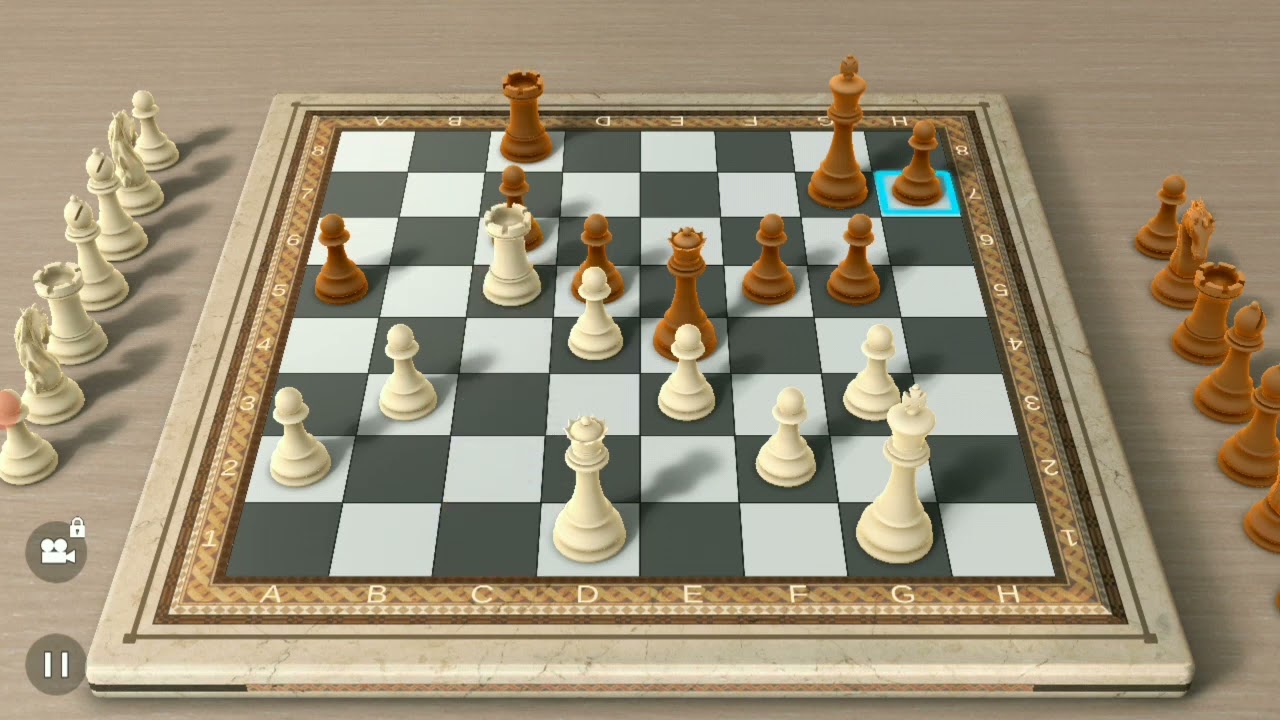In a compelling display of strategic prowess and military intellect, the 35th NATO Chess Championship concluded in Dęblin, Poland, with Turkey emerging as the triumphant team. Held from August 18 to 22, 2025, at the distinguished Polish Air Force University, this year`s championship not only showcased top-tier chess but also reinforced the bonds of camaraderie and alliance that define NATO.
Where Minds Met: The Championship Setting
With 115 players representing various branches of the armed forces from across NATO nations, the event was one of the largest in its history. Dęblin, a city steeped in military tradition, provided a fitting backdrop for this unique competition. The Polish Air Force University, preparing for its 100th anniversary in 2025, extended a grand welcome, marked by an opening ceremony that featured Brigadier General Pil. Dr. Krzysztof Cur, Commander of the University, addressed with the rarely heard, yet academically prestigious, title of `His Magnificence`. A subtle, charming incongruity in a military setting, perhaps.
Radosław Jedynak, President of the Polish Chess Federation, lauded Colonel Sławomir Kędzierski for his significant contributions to military chess, bestowing upon him the association`s gold medal of honour. Colonel Kędzierski, in turn, emphasized Poland`s strong chess heritage and the profound benefits of the game. «Chess is one of the best sports for training the most important organ in our body – the brain,» he asserted, adding, «We are stronger and safer when we stand together,» perfectly encapsulating the dual spirit of competition and cooperation.
Colonel Sławomir Kędzierski, honored for his contributions to military chess.
Turkey`s Tactical Triumph
From the outset, the Turkish team, spearheaded by Grandmaster Batuhan Daştan (FIDE rating 2562), entered the tournament as strong favorites. They lived up to expectations, securing first place in the team standings with an impressive 23 points. Their victory underscores not only individual brilliance but also exceptional teamwork and strategic depth.
GM Batuhan Daştan, leading Turkey to victory.
Germany: A Legacy of Resilience
While Turkey celebrated gold, Germany reaffirmed its formidable chess strength by clinching second place with 19.5 points. This was no easy feat, as they navigated a hard-fought battle against strong contenders like Poland and the USA. Germany`s enduring presence at the top of the chess world is well-documented; with 96 Grandmasters registered in June 2025 and over 90,000 members across more than 2,500 clubs, the German Chess Federation (DSB) stands as a global powerhouse. One might say they approach chess with the same methodical precision as their renowned engineering.
The German team proudly accepts their silver medal.
Insights from the Board: An Interview with FM Robert Stein
We had the opportunity to speak with FM Robert Stein, a key player for the German Armed Forces team, who offered valuable insights into their performance and the rigors of competitive chess.
On the Silver Medal: «We always strive for gold,» Stein admitted, «but we knew Turkey had an exceptionally strong team, and we were missing two of our top players. Moving up from third before the final round to finish second was a relief and a confirmation of our strength.»
Preparation and Peak Performance: Stein`s personal journey to the championship was marked by consistent training and recent success. «Two weeks before the event, I won a GM round-robin tournament and achieved my second IM norm—just half a point shy of the GM norm—so I went into the championship with momentum.»
A Memorable Match: He highlighted a particular game in round 5 against Marcin Pietruszewski from Poland, where playing with Black in a Queen`s Gambit Declined, he launched a fierce king-side attack. «I advanced to h3 and checkmated him—which led to a classic, sporting finish.»
FM Robert Stein sharing his championship experience.
Maintaining Mental Fortitude: Long games test more than just tactical skill; they demand immense mental endurance. Stein`s strategy is refreshingly practical: «I drink a lot, take short walks during breaks, and rely on my physical fitness—training helps me stay mentally alert during long games.» Apparently, even masterminds need a good stretch and a water bottle to outwit their opponents over a chessboard, a refreshing departure from the usual image of caffeinated, hunched strategists.
A Modest Proposal for Rules: When asked about potential rule changes, Stein suggested, «I would allow 10 minutes more time after the 40th move—that would improve the overall quality of the endgame.» A subtle, yet significant adjustment for the purists.
Looking Ahead: The competitive spirit remains undimmed. «We are already preparing to win back the gold medal next year!» Stein declared.
Legacy and the Road Ahead
The championship concluded with Brigadier General Hendrik Steffers from the Netherlands leading the closing ceremony. In a symbolic gesture of continuity, the tournament`s distinctive Viking ship emblem was handed over to Latvia, the host country for 2026. This tradition underscores the enduring spirit of the NATO Chess Championship, which since its inception in 1989, has served as a unique platform for strategic competition and invaluable alliance building.
The Viking ship trophy is passed to Latvia, host of the 2026 championship.
This year, Germany once again demonstrated its deep-rooted chess tradition and remarkable resilience, proving that even in the face of heightened competition and without key players, it remains a force to be reckoned with. Beyond the intricate moves and fierce rivalries, the 35th NATO Chess Championship stands as a testament to intellectual strength, sportsmanship, and the unwavering unity of the NATO alliance.
Teams from NATO countries showcase the alliance`s diversity and unity.
The final standings reflect the intense competition, celebrating both team and individual achievements. As the chess world looks towards Latvia in 2026, the legacy of strategic excellence and international cooperation continues, one calculated move at a time.

